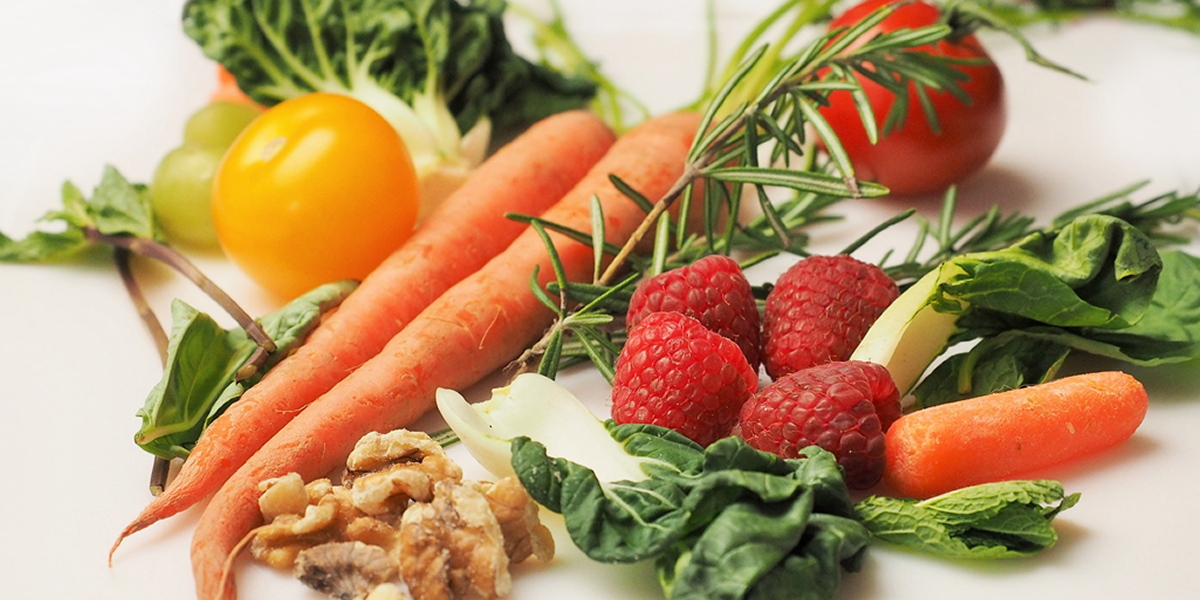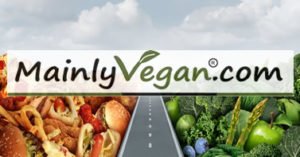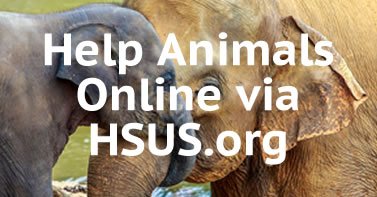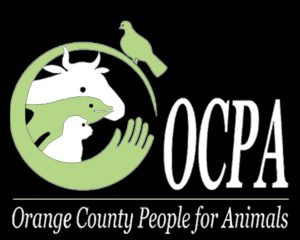Introduction
Thankfully, it’s no longer as unusual or challenging to decide to pursue a vegan / plant-based diet and lifestyle as it once was not too long ago. There are hundreds of meat, dairy and egg alternatives and products available on the market today, with more appearing on most grocery store shelves every week. This is because the market demand for these healthier plant-based options has grown to $3.3 billion in the U.S. in 2018.
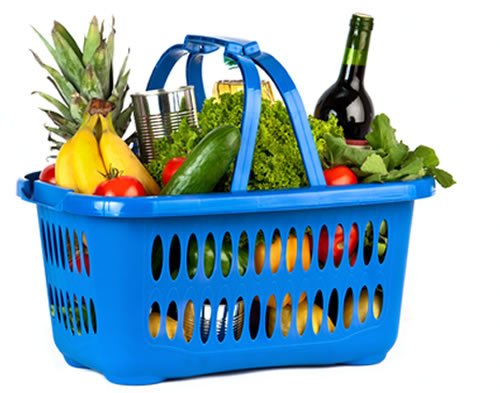
What is Veganism?
To be vegan – or plant-based – is to abstain not only from consuming any and all animals products including beef, pork, chicken, turkey, seafood, dairy and eggs. Vegans also avoid purchasing / wearing / using products that contain animal byproducts including fur, feathers, hides / skin, etc. Most vegans also avoid honey, silk and other products derived from insects. They won’t pursue forms of entertainment that exploit animals, nor support scientific experimentation on animals.
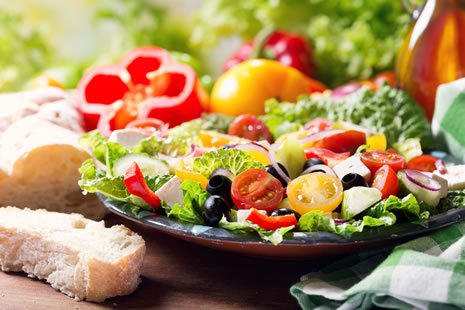
Not Only Humane but Healthy
In the past, most people opted for a vegan diet due to their concern and empathy / compassion toward animals. Once they learned about the horrors of factory farming and how the animals are treated during their short journeys from birth to the slaughterhouse, that was enough inspiration.
For many people now, this is still a strong motivating factor in the decision to abstain from meat, dairy and/or eggs. However, more and more physicians and industry experts now espouse the many health benefits of a plant-based diet in lowering the risks of heart disease, diabetes, obesity, cancer and other serious illnesses.

A low-fat, low-cholesterol diet rich in whole grains, vegetables, fruit, seeds, nuts, and legumes provides all of the nutrition the human body needs including plenty of fiber, offers a wide variety of flavors and textures, and is very satisfying. Most restaurants including fast food chains now offer vegetarian and/or vegan dishes.
You may wish to take a gradual approach and slowly phase out animal products from your diet over time. Or you might decide to aim for a diet that is mainly vegan initially, with some meat and/or dairy consumption reserved for special occasions — until you’ve familiarized yourself with more information on vegan alternatives at home or while out at events, gatherings and/or restaurants.
Conclusion
There are more reasons to try a plant-based diet than not to these days. And it’s very easy to swap out products and ingredients for healthier, animal-free versions, experiment with new recipes and dishes, and try the different dairy, meat and egg alternatives available until you find your favorites.

